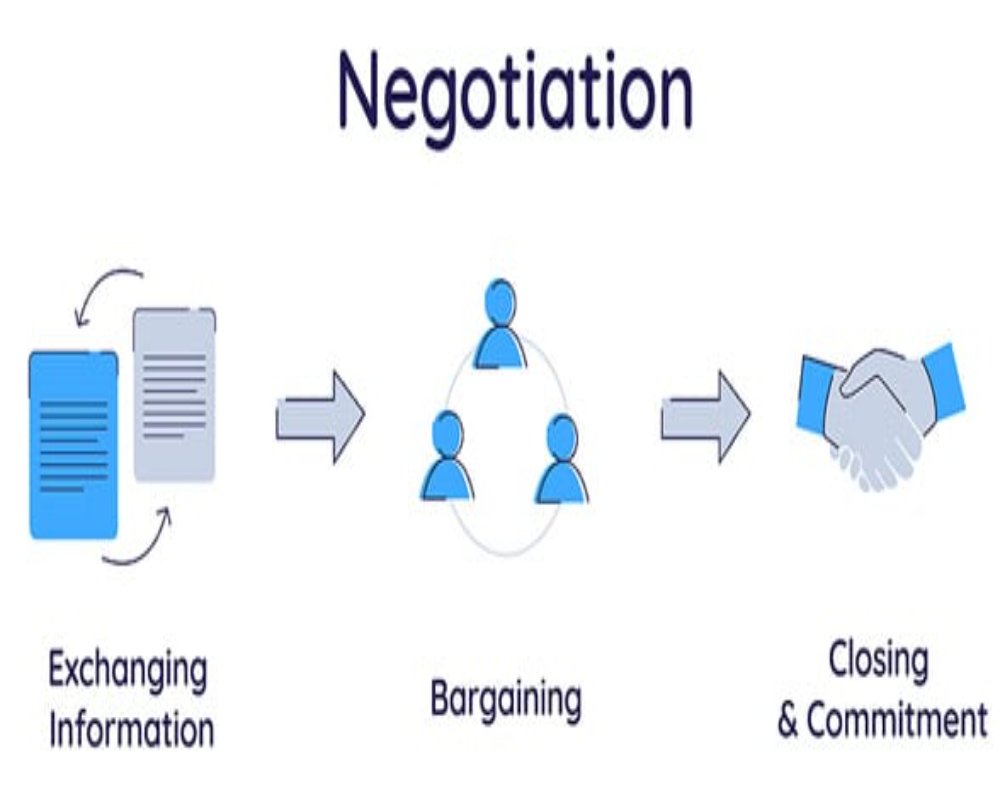Introduction
Timeline negotiation in industrial contracts is a critical component of structuring agreements that involve large-scale projects, facility development, supply arrangements, or long-term partnerships. In the industrial sector, time directly impacts cost, compliance, resource allocation, and delivery commitments. Negotiating realistic and enforceable timelines ensures that both parties are aligned on expectations and responsibilities. A well-negotiated timeline accounts for planning, execution, contingency buffers, and regulatory approvals, allowing projects to move forward smoothly. Whether it is for construction, production start-up, or phased deliverables, timeline negotiation serves as the operational backbone of an industrial contract.
1. Establishing Project Scope and Objectives
Before timeline discussions begin, it is essential to clearly define the scope of work and overall objectives of the contract. Without knowing the exact deliverables and operational expectations, it is impossible to set realistic deadlines. Scope clarity also prevents timeline extensions due to undefined tasks.
2. Assessing Feasibility and Resource Availability
Both parties must evaluate resource availability—such as labor, materials, capital equipment, and subcontractors—before agreeing on timeframes. This ensures that commitments are practical, based on internal capabilities and external dependencies, rather than optimistic estimates.
3. Aligning with Regulatory and Approval Milestones
Many industrial contracts are dependent on statutory approvals from local, environmental, or zoning authorities. Timeline negotiation must incorporate the estimated duration for obtaining permits, licenses, or environmental clearances. Ignoring these factors may lead to unintentional delays and legal non-compliance.
4. Including Design and Engineering Lead Time
In manufacturing, infrastructure, or plant development projects, technical design and engineering take time. The contract should include a distinct timeline for drawings, design validation, technical reviews, and modifications before execution begins.
5. Structuring Phased Implementation Schedules
For complex or large-scale industrial projects, phased timelines are preferred. These may include design, procurement, construction, commissioning, and handover stages. Negotiating and clearly defining each phase helps manage resources better and allows flexibility in execution.
6. Factoring in Procurement and Supply Chain Lead Times
The availability of imported equipment, raw materials, or specialized components often influences project timelines. Timeline negotiation must include estimated delivery times, customs clearance, logistics, and supplier readiness to ensure that implementation is not halted due to material delays.
7. Setting Performance Milestones and Review Points
Milestones act as checkpoints to measure progress. During negotiation, it is important to set measurable, mutually agreed milestones and dates for performance evaluation. This helps identify delays early and take corrective measures before they affect the overall timeline.
8. Including Time Buffers and Contingencies
Industrial contracts must account for unforeseen delays due to weather, labor unrest, regulatory backlogs, or global supply chain disruptions. Negotiating buffer periods provides flexibility without impacting final delivery and protects both parties from unnecessary penalties.
9. Defining Liquidated Damages for Delay
One of the most sensitive aspects of timeline negotiation is the inclusion of penalties or liquidated damages for missed deadlines. These clauses must be fair, proportional, and enforceable. Parties should agree on permissible grace periods and exceptions due to force majeure.
10. Clarifying Roles and Responsibilities in Execution
Each party’s contribution to meeting timelines—whether design approvals, payment releases, or site access—must be clearly defined. Delays caused by one party should not penalize the other. Proper allocation of responsibilities keeps all stakeholders accountable.
11. Coordinating with Financial Disbursements
Project cash flow and payment terms often follow the project timeline. Timeline negotiation must ensure that payment schedules align with actual progress and expenses. Linking payments to verified milestone completion enhances financial control and reduces risk.
12. Reviewing Contractual Flexibility
A rigid timeline may not serve long-term industrial projects. Negotiating contractual clauses that allow timeline extensions under predefined conditions—such as policy changes or third-party delays—ensures that both parties can adapt without conflict.
13. Integrating Technology and Automation Factors
When automation, digital systems, or advanced machinery are involved, additional setup and calibration time is required. These timelines must be negotiated and accounted for, especially when integrating systems like SCADA, ERP, or IoT technologies into production environments.
14. Planning for Testing, Commissioning, and Handover
Timeline negotiation must include a final window for equipment testing, trial runs, certification, and formal handover. Without allocating proper time for this critical stage, operational readiness may be compromised, resulting in inefficiencies or warranty disputes.
15. Including Post-Completion Support Periods
Some industrial contracts include support services after handover—such as maintenance, training, or troubleshooting. These post-completion periods must be included in the timeline negotiation to ensure seamless transition and operational continuity.
Conclusion
Timeline negotiation in industrial contracts is a dynamic process that requires careful alignment of planning, execution capabilities, and external dependencies. By clearly defining phases, milestones, resource availability, and risk buffers, both parties can ensure a realistic, balanced, and enforceable schedule. A well-negotiated timeline not only keeps the project on track but also fosters trust, accountability, and efficiency throughout the contract lifecycle. In a sector where time equates to cost and performance, effective timeline negotiation is not just a procedural necessity—it is a strategic advantage.
Hashtags
#TimelineNegotiation #IndustrialContracts #ContractManagement #NegotiationSkills #BusinessContracts #ProjectTimeline #ContractNegotiation #LegalAgreements #SupplyChainManagement #ContractLaw #BusinessStrategy #NegotiationTactics #ContractualObligations #IndustryStandards #RiskManagement #ContractTerms #EffectiveNegotiation #BusinessDevelopment #LegalFramework #ContractExecution


